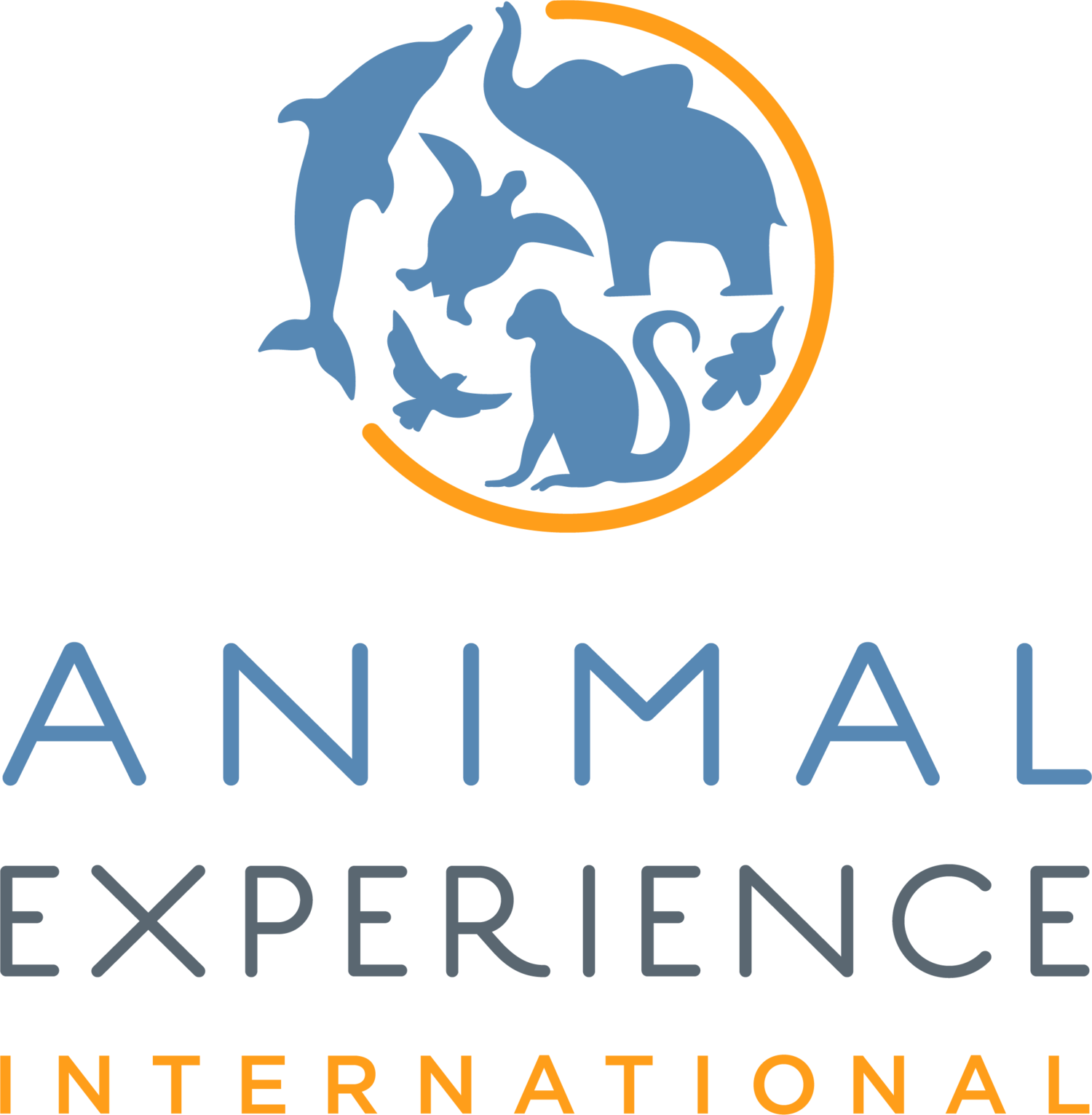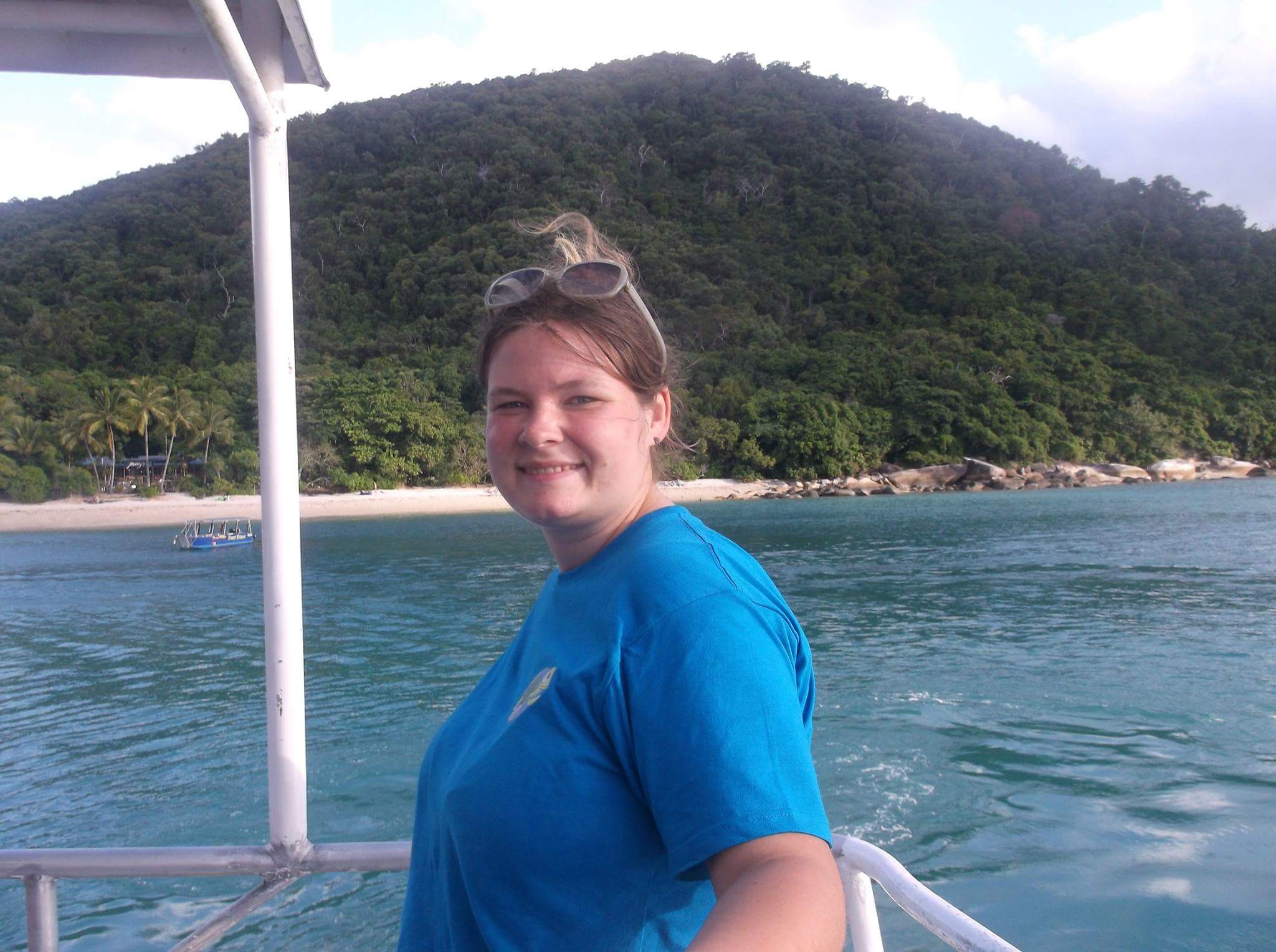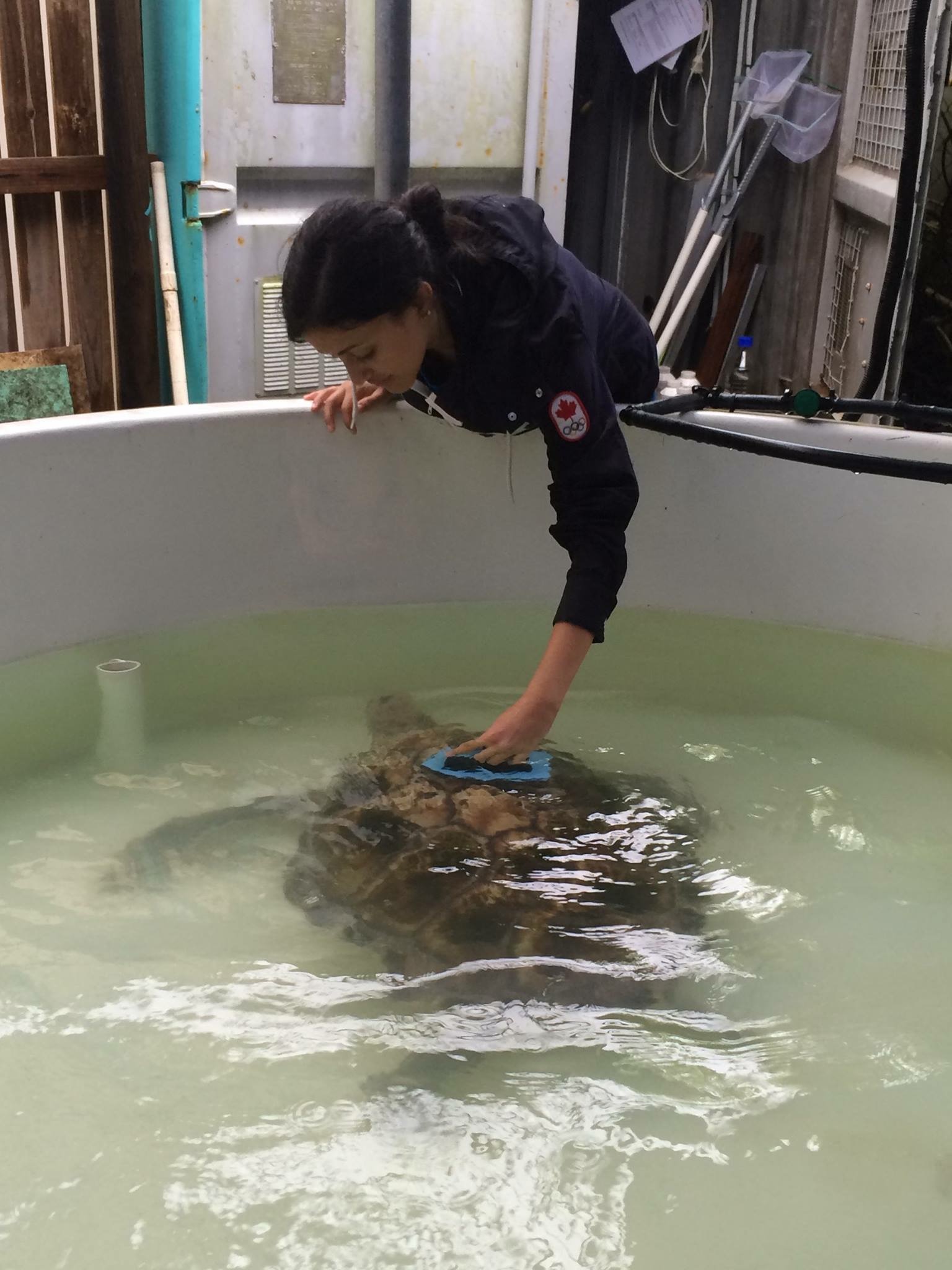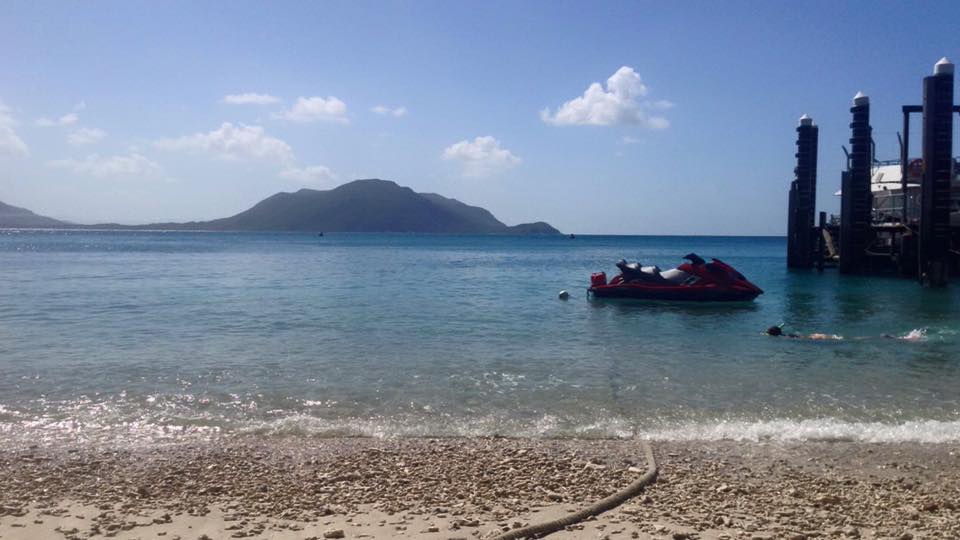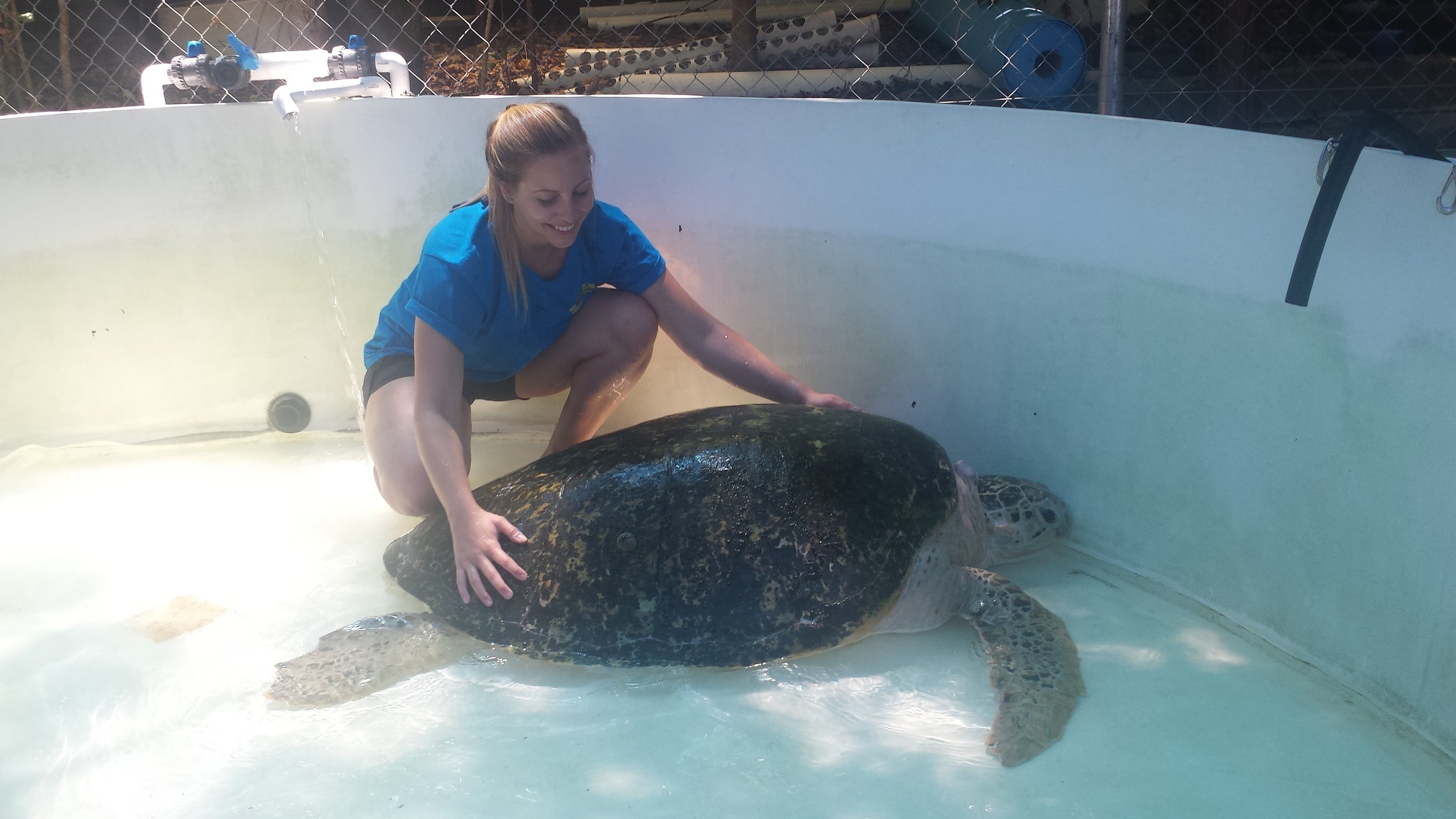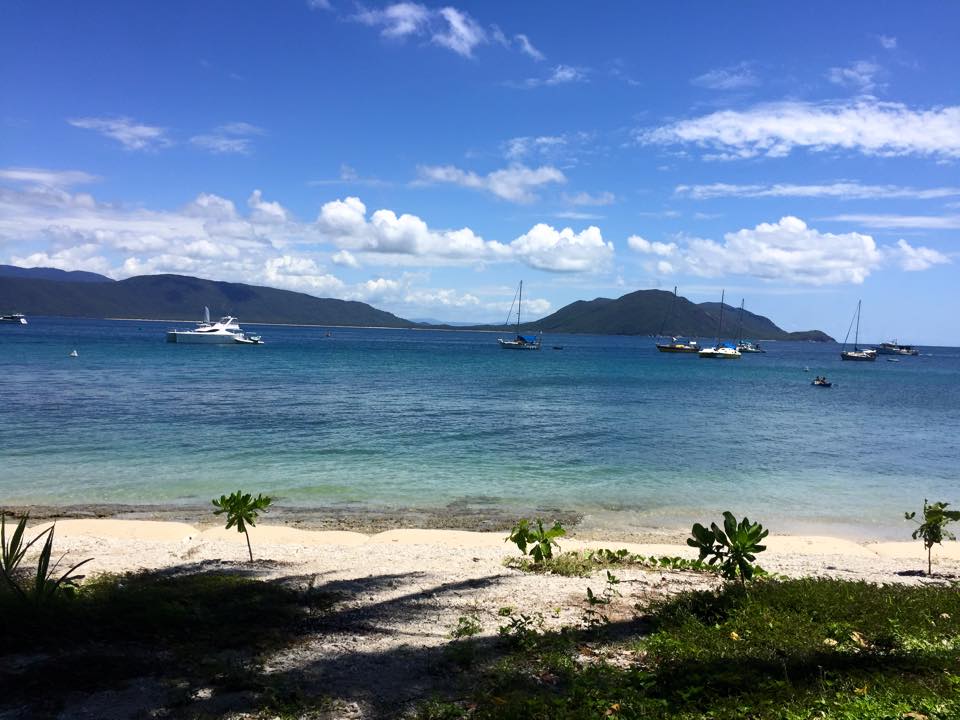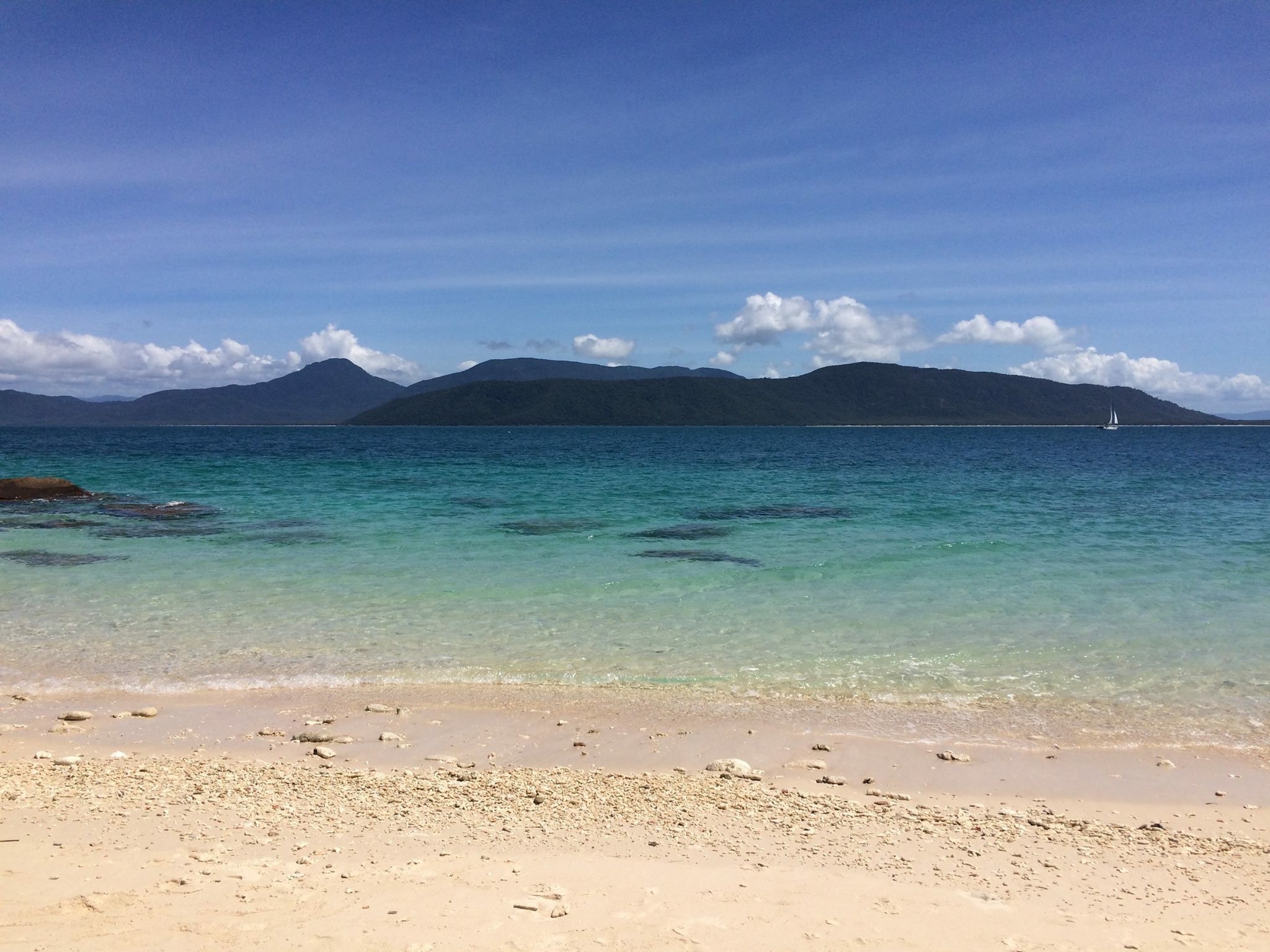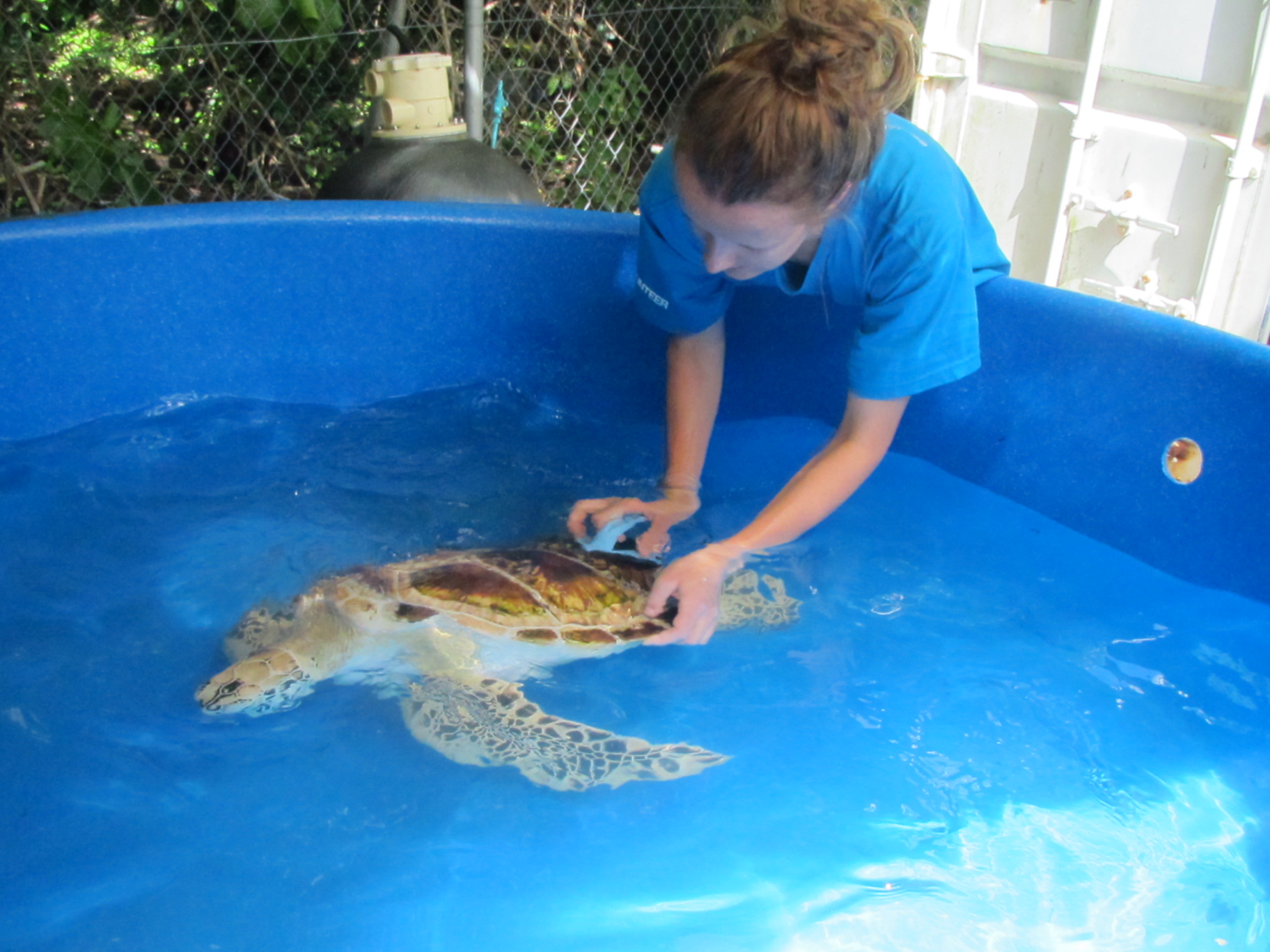Why is paying to volunteer all about ethics and how does that relate to a solar company?
Everything you consume, at home and while traveling has a cost. The water from your tap costs money. The food in your breakfast bowl costs money. Your sweatpants and button up shirt- creating the perfect Zoom mullet combo costs money. Your computer costs money. The training you got when you first were hired at your job costs money. The supervision you have at work now (while sometimes annoying) costs money.
So, if we are paying for things when we are home, we *must* pay for things when we travel. Our kind intentions, cultural exchange, volunteer tasks and projects are all valuable in their own way- but they do not pay the bills. They do not offset the cost of what you consume- electricity and water in your host's house, materials and training to make sure you are safe while volunteering, potable water throughout your time away from home... we could go on.
If your volunteer materials, housing, transport, food, insurance, training, water and everything else are free for you, then someone else is paying for them. You are costing the community you came to be of service to. It's no longer a relationship of consent and mutual service and benefit- you bring financial insecurity. What you bring as a volunteer IS valuable but again, it does not pay those bills that *do* need to be paid, so just like at home where you pay for water, electricity, gas, clothing, transport, Wi-Fi, and everything else, you need to pay when you are away.
What on EARTH does this have to do with Solar?!
Well... just like there are ethical ways to travel, there are ethical ways to live at home. You put fair trade, shade grown, women owned, co-op coffee in your cup but have you thought about what goes in to your electricity? Have you thought about who is paying for your energy? Yes, you pay the monetary fee but what about the environmental fee? Does your energy come from gas, coal or hydro? What if it could come from a source that is environmentally friendly? What if it could come from a source that doesn't just care about the environment but also the community and the people who work for the company?
What if you could power your home through solar and that company was a B Corp? A company that was audited every three years to make sure they had the highest standards of company and worker welfare, environmental benefit, community outreach and more? Obviously this isn't just us waxing on poetic. These companies EXIST! We have B Corp buddies all over North America who are helping people divest from environmentally, worker and community unfriendly (or at best, neutral) companies and investing in real and true GOOD for the planet, good for the workers, good for the communities companies. One of them we want to highlight is of course, our besties over at ReVision Energy They helped us realise this reality and we want to shout our love from the rooftops. We aren't from Maine so we can't get be their clients but that doesn't mean our friends from Maine can't. If you want a better way to get your energy, head over to their page, check out their Sunsquatch and give them a call.
Your consumption will cost you money, make sure you put that money into the hands of people doing the *best* they can for you, the community and the environment.
Thanks for coming to our Ted Talk, we will take questions in the lobby.
